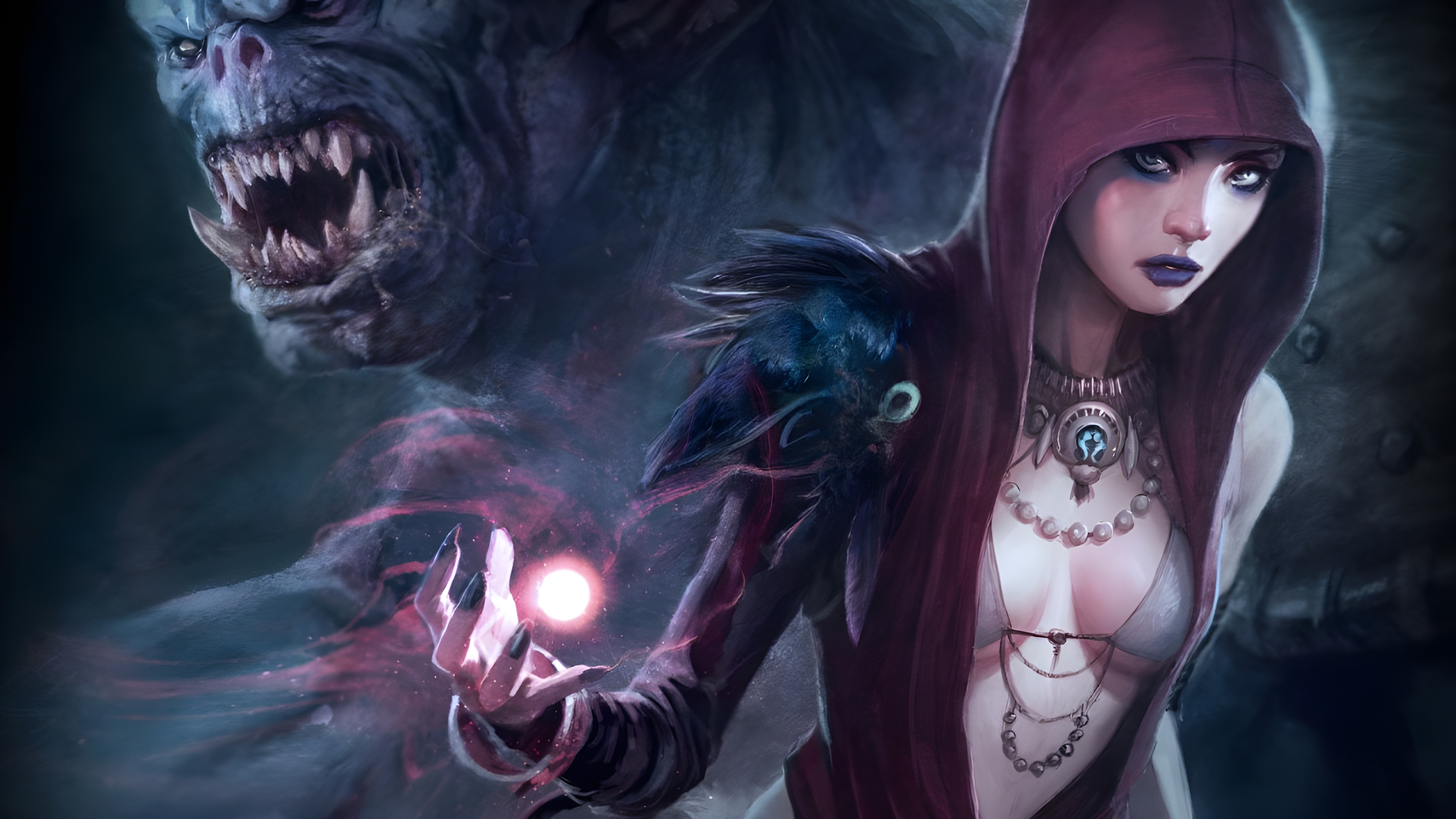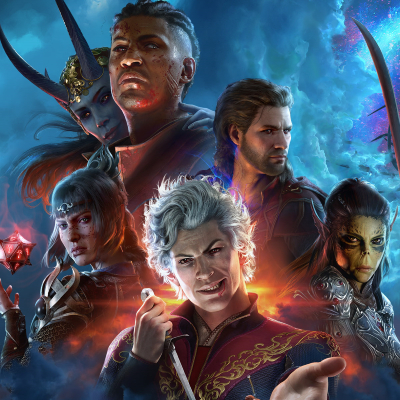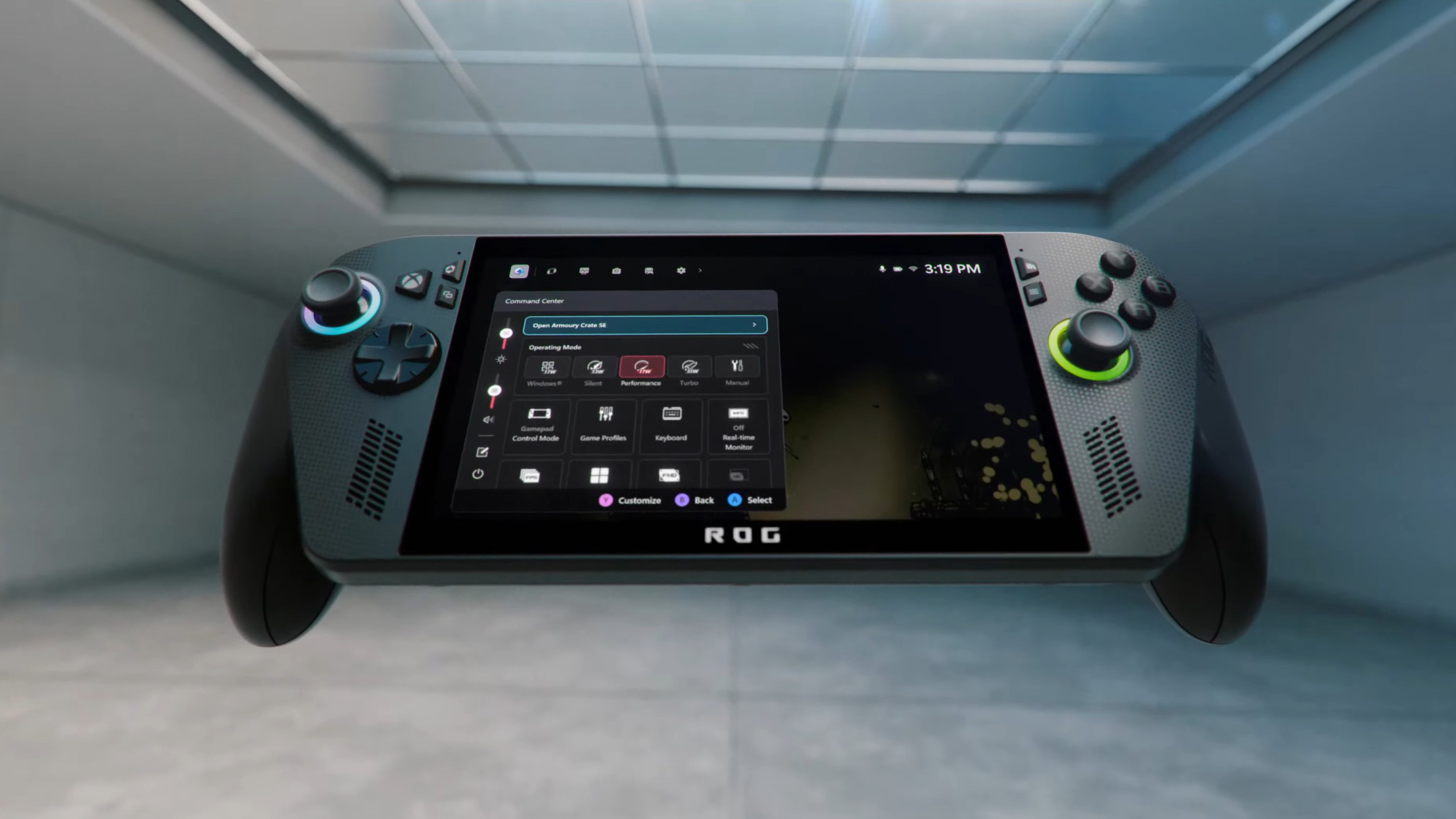
"EA buys studios, and then consumes them, and they start to lose their culture."
With the somewhat-middling debut of Dragon Age: The Veilguard, a game I sort of blandly enjoyed for 60 hours but certainly never in a ‘this is a great Dragon Age’ way, as well as the solemn layoffs following its muted fanfare, I think we can pretty much light a candle for the whole series. As well as the BioWare we knew and loved, mind. As PC Gamer’s Fraser Brown puts it “The Veilguard was the very shiny, very pretty nail in the coffin.”
It was the last real shot the studio had at convincing anybody it still had the juice after the stumbling of Mass Effect: Andromeda and the trainwreck of Anthem, but some of us were still holding out hope. Mark Darrah, a studio vet who worked there for over 20 years before leaving the studio in 2020, has revealed that the bones of BioWare were actually being Weekend at Bernie’s-d for much longer than that.
In a grim tell-all on his YouTube channel, Darrah explains that 2017 was really the year that BioWare was fractured. Following a double-whammy of Dragon Age devs being peeled off to work on Andromeda, then Anthem, the team was then given marching orders to make a live service game. Marching orders that we know were later rescinded.
Didn’t stop EA trying to blame the game’s underperformance on a lack of ’em anyway, but what can you do.
“I wish that had never happened. I wish that pivot had never occurred—I wish that had never happened,” Darrah emphatically states. Still, “EA said, ‘make this a live service’, we said, ‘we don’t know how to do that, we should basically start the project over’.”
This marked the second age of “leadership discontinuity on Dragon Age,” says Darrah—with this all going on while the team’s core leadership is tied to Anthem. “This ends up causing massive amounts of changes to the project, to the team makeup, to the culture.
“In this time, Dragon Age is pursuing a goal that ultimately it doesn’t want to be pursuing. But it does its best, but in doing its best, it changes the nature of the project in fundamental ways. So as we come to the end of 2017, we are in a state where almost everyone is on Anthem, but Dragon Age [is] running without most of its core leadership.”
Darrah damns these changes and leadership decisions without qualification, in a way that’s a little heartbreaking. “In the process of this change, EA and BioWare have dramatically damaged their relationship with myself, but also with a lot of other, more senior members of BioWare. Because they’ve said things are going to happen that didn’t happen, they’ve made assurances that did not come true.”
Now, obviously, this is only one person’s view on the subject—a reality Darrah makes room later in the video to discuss—but it really does seem like BioWare, in particular its Dragon Age team, was the victim of a slow kind of corporate vampirism that saw it become a husk of its former self.
“As we come out of 2017,” Darrah continues, “BioWare is a different thing. It is focused on making a live service in Anthem, it has lost one of its studios in Montreal being taken away,” studios that—earlier in the video—Darrah was praying would return to the Dragon Age team, not be merged into the wider EA hivemind after Andromeda’s debut, “and now it moves into the future in this new state.”
Ultimately, Darrah concludes that: “EA buys studios, and then consumes them, and they start to lose their culture into the overall EA culture. To me, it feels like 2017 is when EA finished digesting BioWare, which they had bought nine years earlier, in 2008.”
It’s a grim picture to paint—and one to be taken with a grain of salt, given Darrah left in 2020. But it certainly tracks with similarly-damning words from other BioWare veterans about the state of BioWare post-Dragon Age: Inquisition. We kinda held a wake for one of gaming’s RPG giants last year, but it turns out its bones might’ve been picked dry for eight whole years before that.
2025 games: This year’s upcoming releases
Best PC games: Our all-time favorites
Free PC games: Freebie fest
Best FPS games: Finest gunplay
Best RPGs: Grand adventures
Best co-op games: Better together






